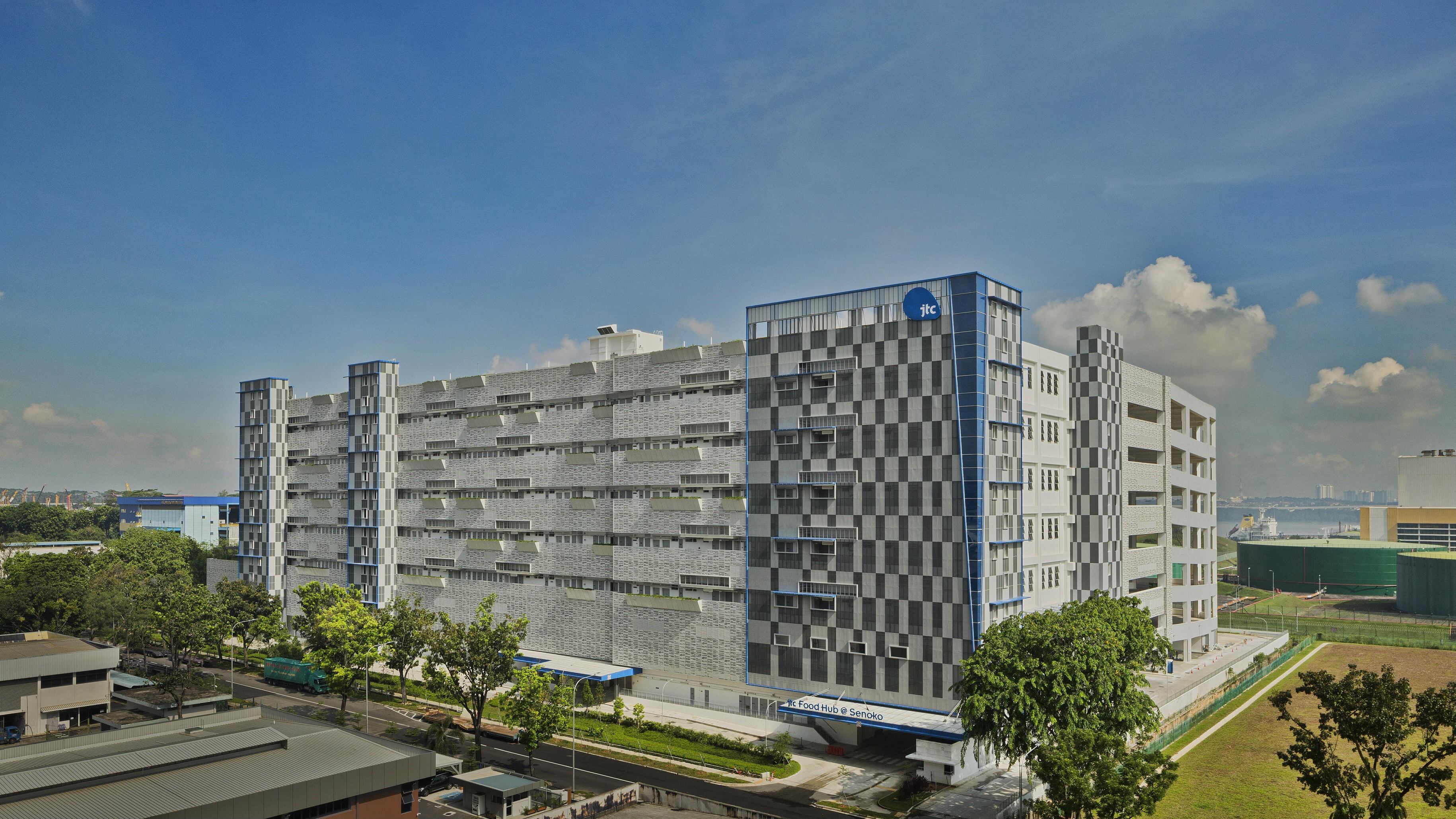The 1,130m2 small batch facility — a collaboration between Enterprise Singapore, the government agency championing enterprise development, JTC Corporation and the Singapore Institute of Technology (SIT) — is targeted at filling a gap in the market for small batch food production.
“More than ever, consumers today look for ease of preparation and enhanced nutritional value in their food choices. Food manufacturers need to innovate new offerings to meet these new consumer requirements. However, companies often face a lack of scale and in-house capabilities,” said Senior Minister of State for Trade and Industry and Education Chee Hong Tat, at the launch of JTC’s Food Hub @ Senoko, a purpose-built facility for food firms.
He added that SMEs in particular may find it difficult to do small batch production to test their “new ideas”, as equipment is expensive and outsourcing to a contract manufacturer requires a larger minimum order size than what they might need. He said this increases the cost of experimentation, and has resulted in a low commercialisation rate.
Aiding food firms and industry
The small batch facility will have production rooms and food processing equipment such as spray dryers, extruders, and advanced equipment such as Microwave Assisted Thermal Sterilisation (MATS) and Pulsed Electric Field (PEF) equipment for companies to use on a pay-per-use basis.
This will allow food manufacturers, especially local start-ups and SMEs, to validate new products after R&D and to test their commercial viability before making the leap to full-scale production.
“This will greatly support the commercialisation of new products among food players, and aid their expansion abroad,” said David Tan, president of the Singapore Food Manufacturers’ Association (SFMA).
“Food manufacturers can tap on the shared facility to develop capabilities in food technologies that will help them keep pace with advancing technologies and consumer trends. It encourages the adoption of advanced food processing technologies and automation among food manufacturers that will support the industry’s growth,” added Douglas Foo, president of the Singapore Manufacturing Federation (SMF).
Upon asking if there is a guide on how charges would be calculated for the pay-per-use facility, both JTC and SIT responded to FoodNavigator-Asia: “As plans for the facility are still being finalised, more details will be shared when ready.”
According to JTC and SIT, more than 15 companies have already expressed their interest in the facility.
Associate Professor Ivan Lee, vice-president (Industry & Community) of SIT, told us that larger companies could also utilise the facility as they face the challenge of having to stop existing production lines to be able to test-bed new food products, which may result in high opportunity costs.
Training programmes
The small batch production facility is part of JTC’s Food Hub @ Senoko, and will be operated by SIT — including the management of the equipment as well as training and skills programmes — with support from Enterprise SG.
There will be workplace training courses, masterclasses and seminars organised at the Food Hub for industry players keen to deepen technical capabilities and skills.
“This facility will serve as a conduit to translate technology know-how into new and better products and processes that can ultimately accelerate the growth of the Singapore food industry and contribute to developing Singapore into Asia’s leading food and nutrition hub,” said Lee.
The small batch production facility is targeted to be operational by end-2019.
Other Food Hub facilities
The Food Hub also features an integrated cold room and warehouse facility (CWF) that tenants can utilise on a pay-per-use basis, instead of committing capital and operating expenditure to build and operate their own.
The shared CWF is operated by StorBest @ Senoko Pte Ltd, which also offers distribution services that tenants can tap on instead of investing and maintaining their own delivery fleets.
According to JTC, nine food companies have moved into the Food Hub so far and two more will set up shop next month.
Tenderfresh Fried & BBQ Chicken Pte Ltd has been using the CWF to support bulk storage needs — with the CWF located directly below its factory units. The company previously operated from seven units across multiple floors and now operates from two combined units at the Food Hub.
“This has allowed us to consolidate our operations, redesign our production layout and make further investments in automation,” said Jimmy Soh, managing director of Tenderfresh.
“Our productivity has since increased by about 20%.”

